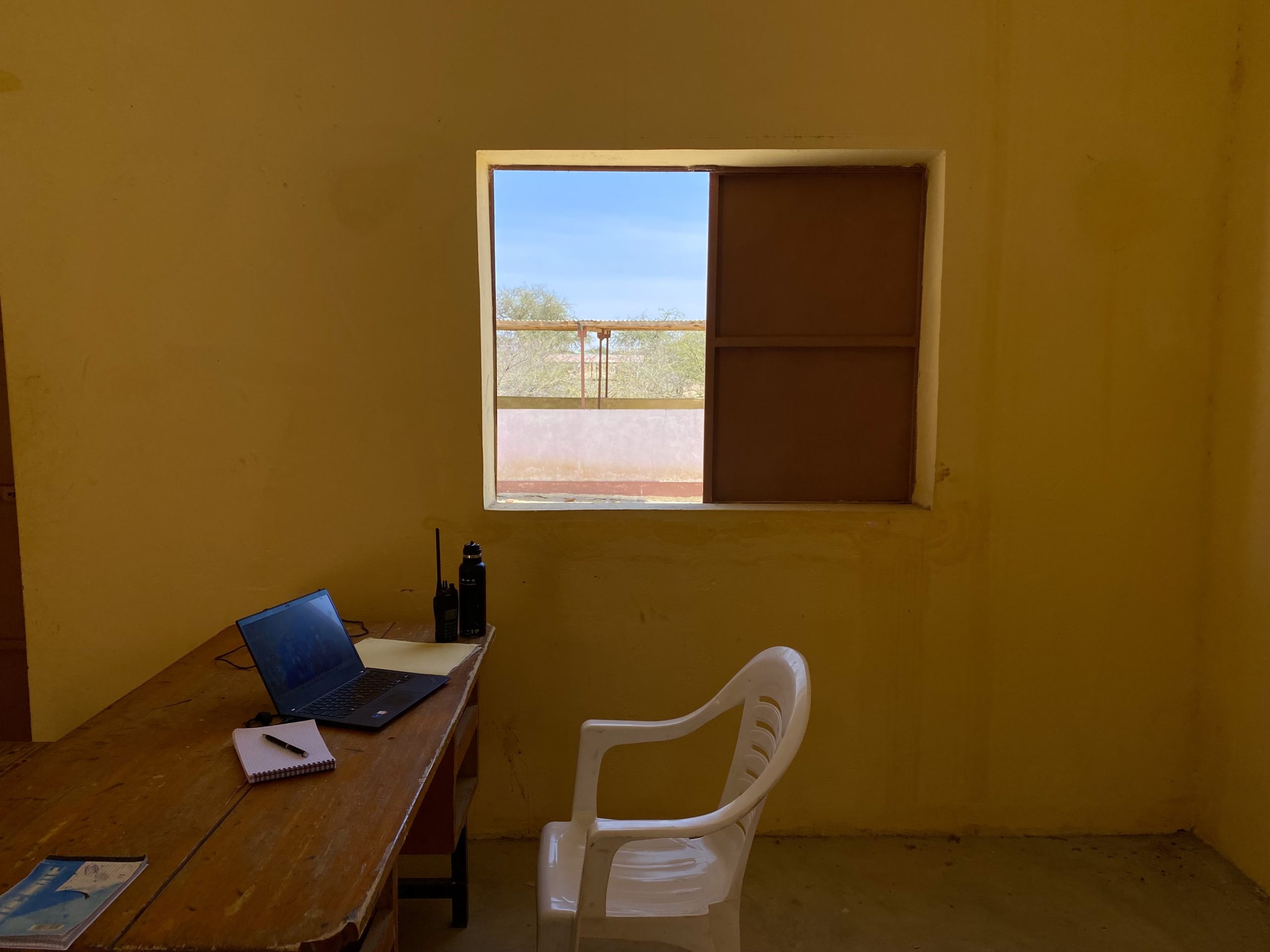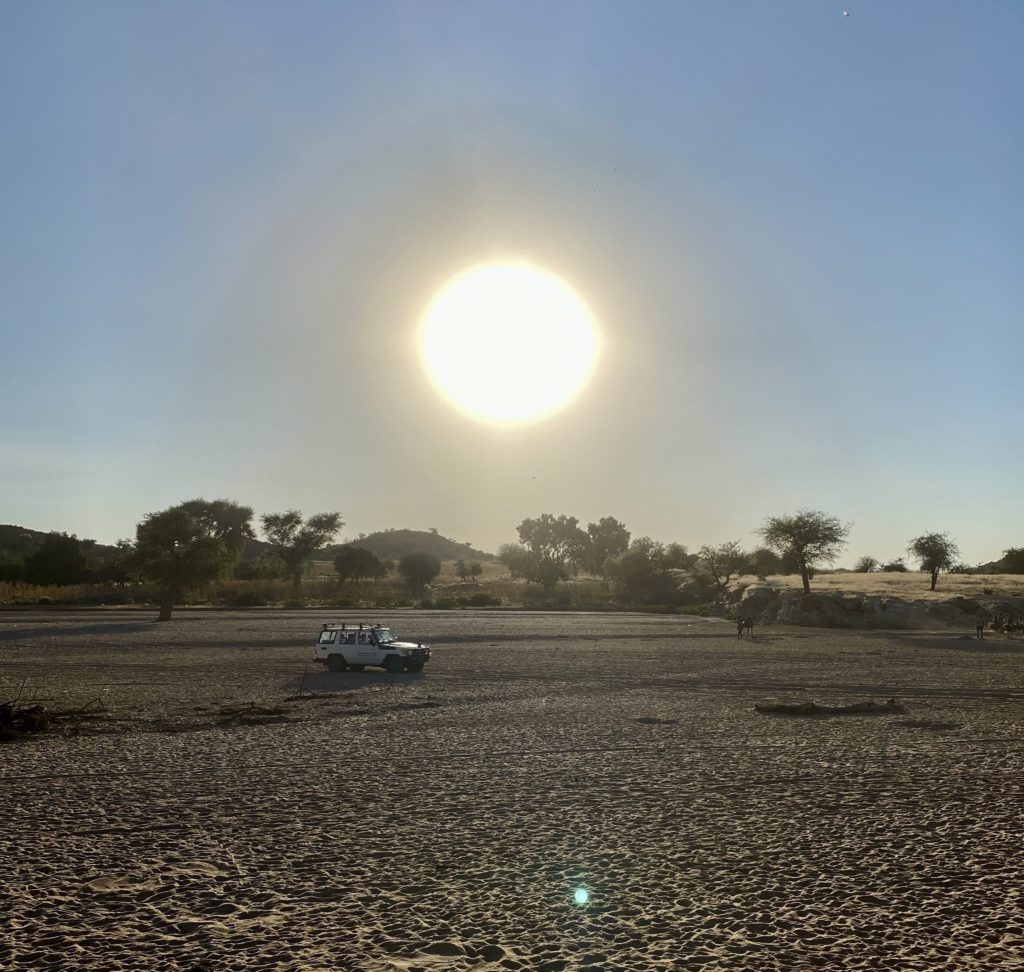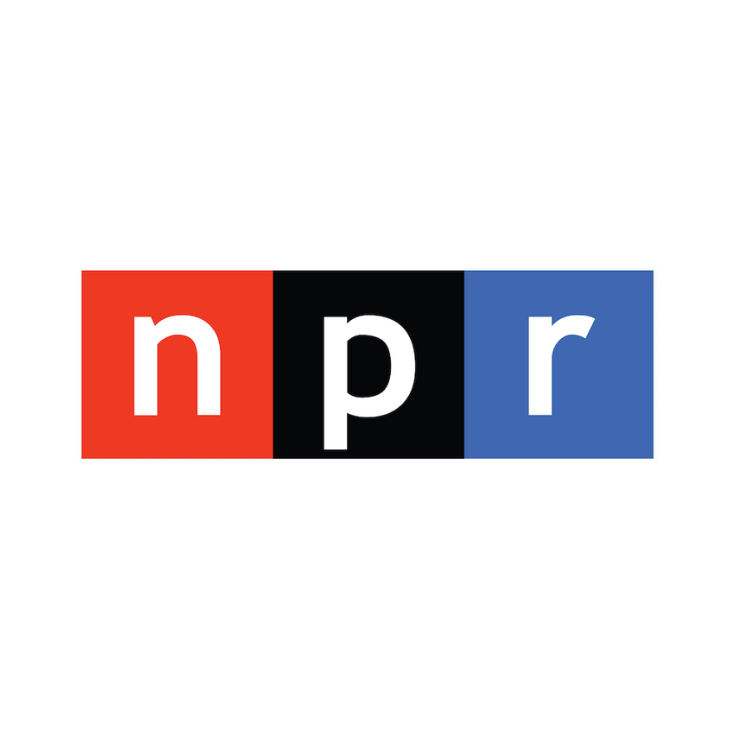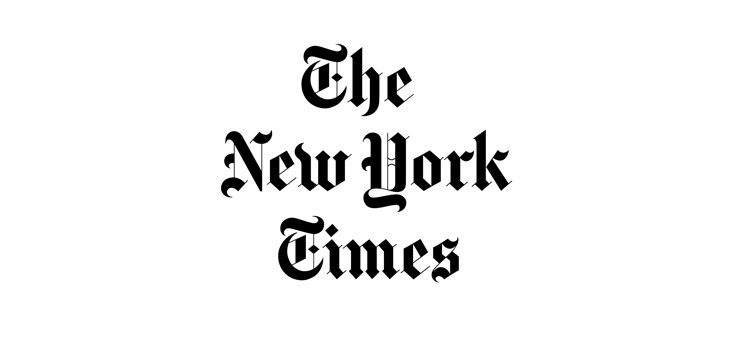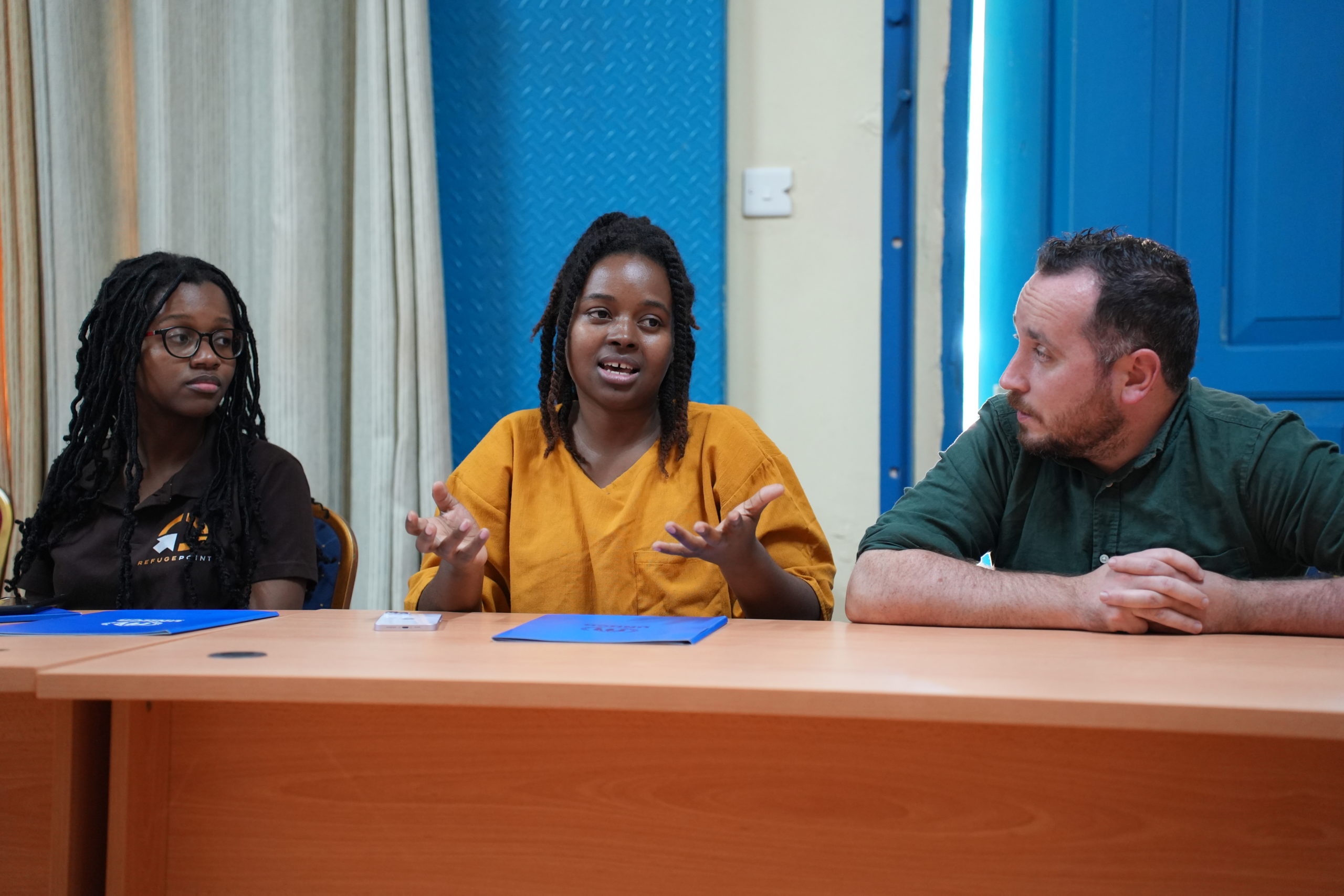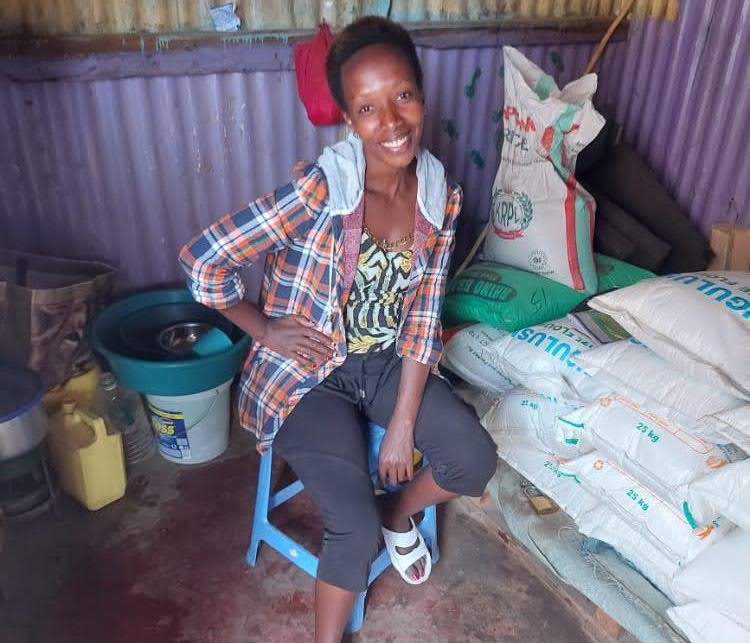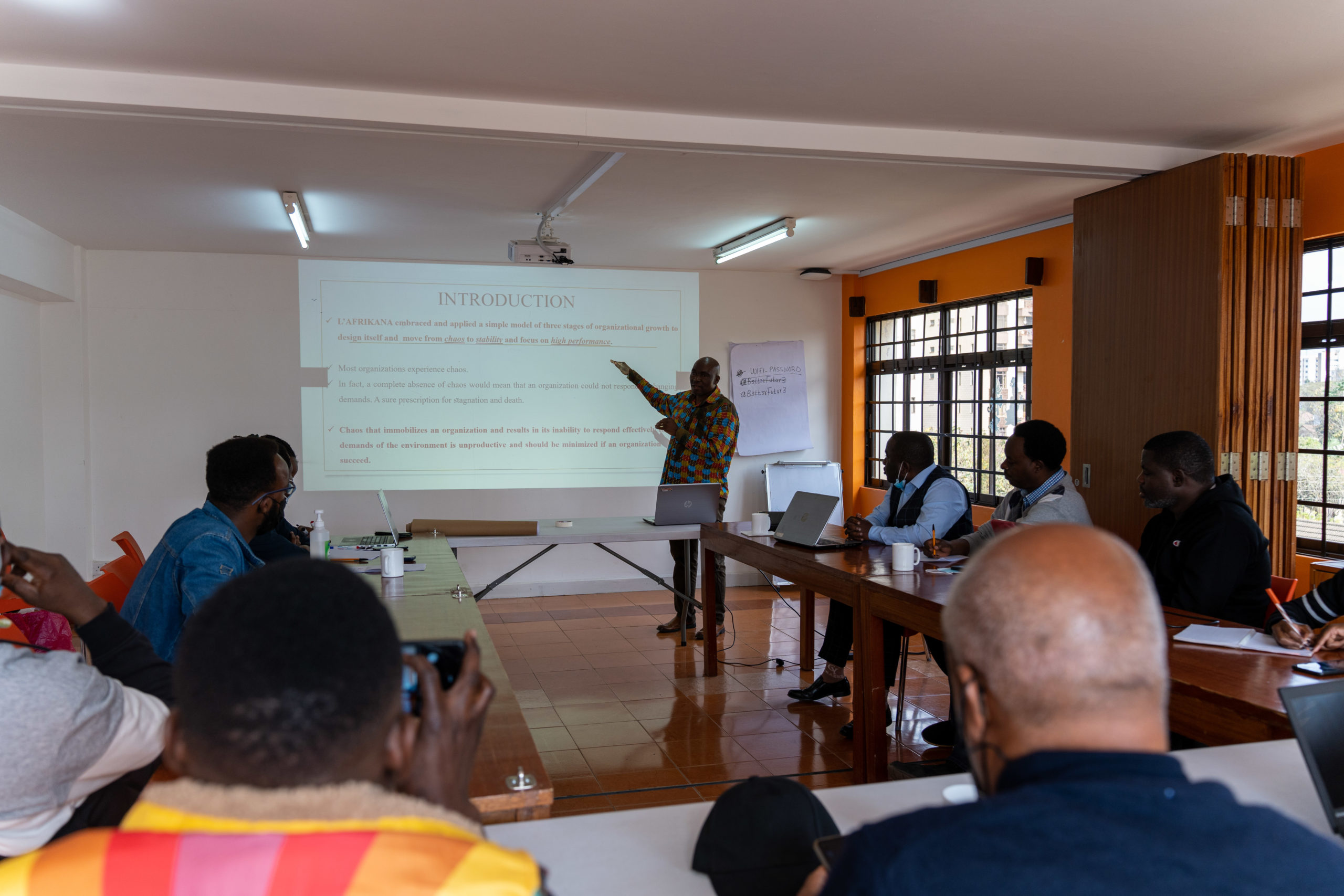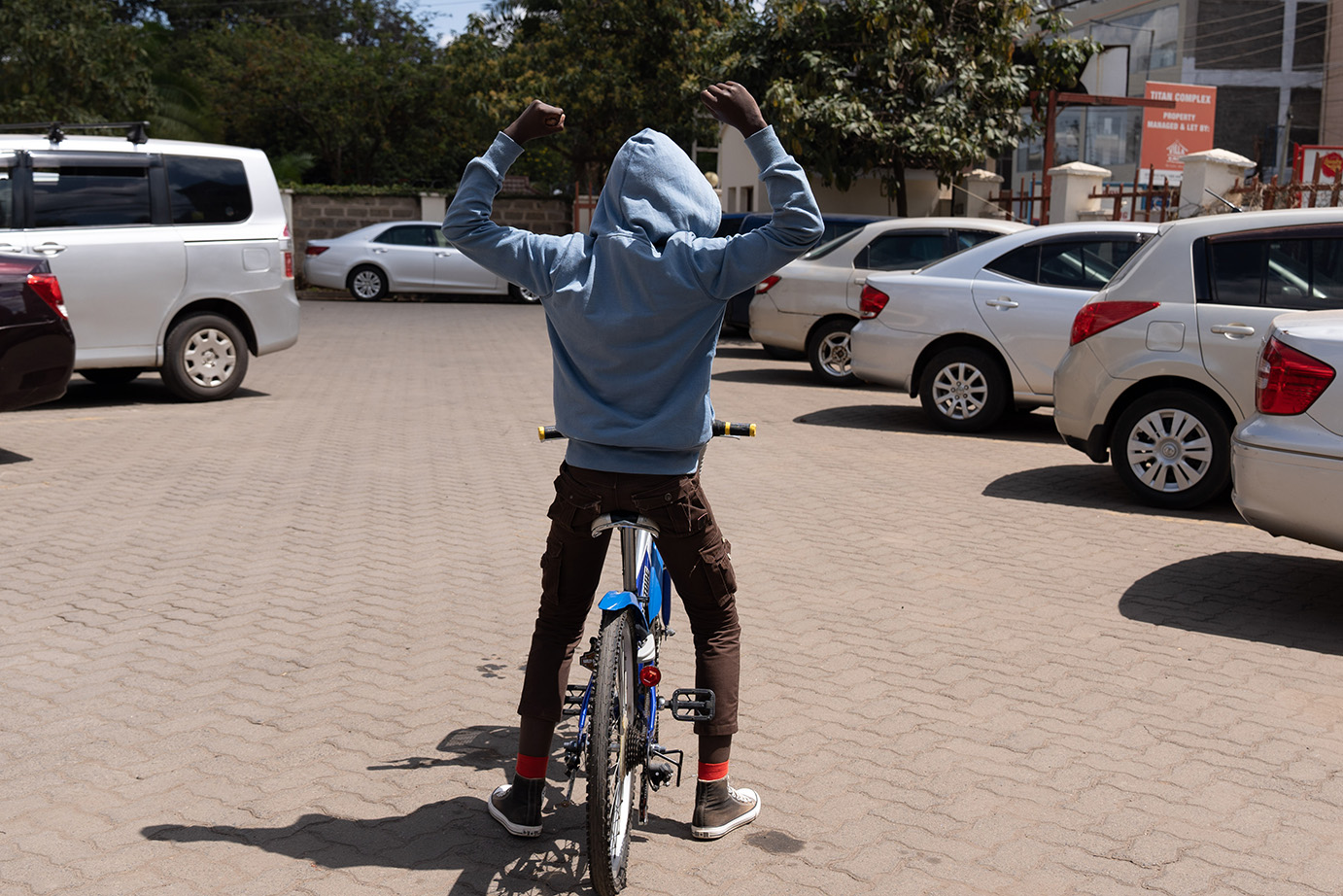Pabial: I am part of the world
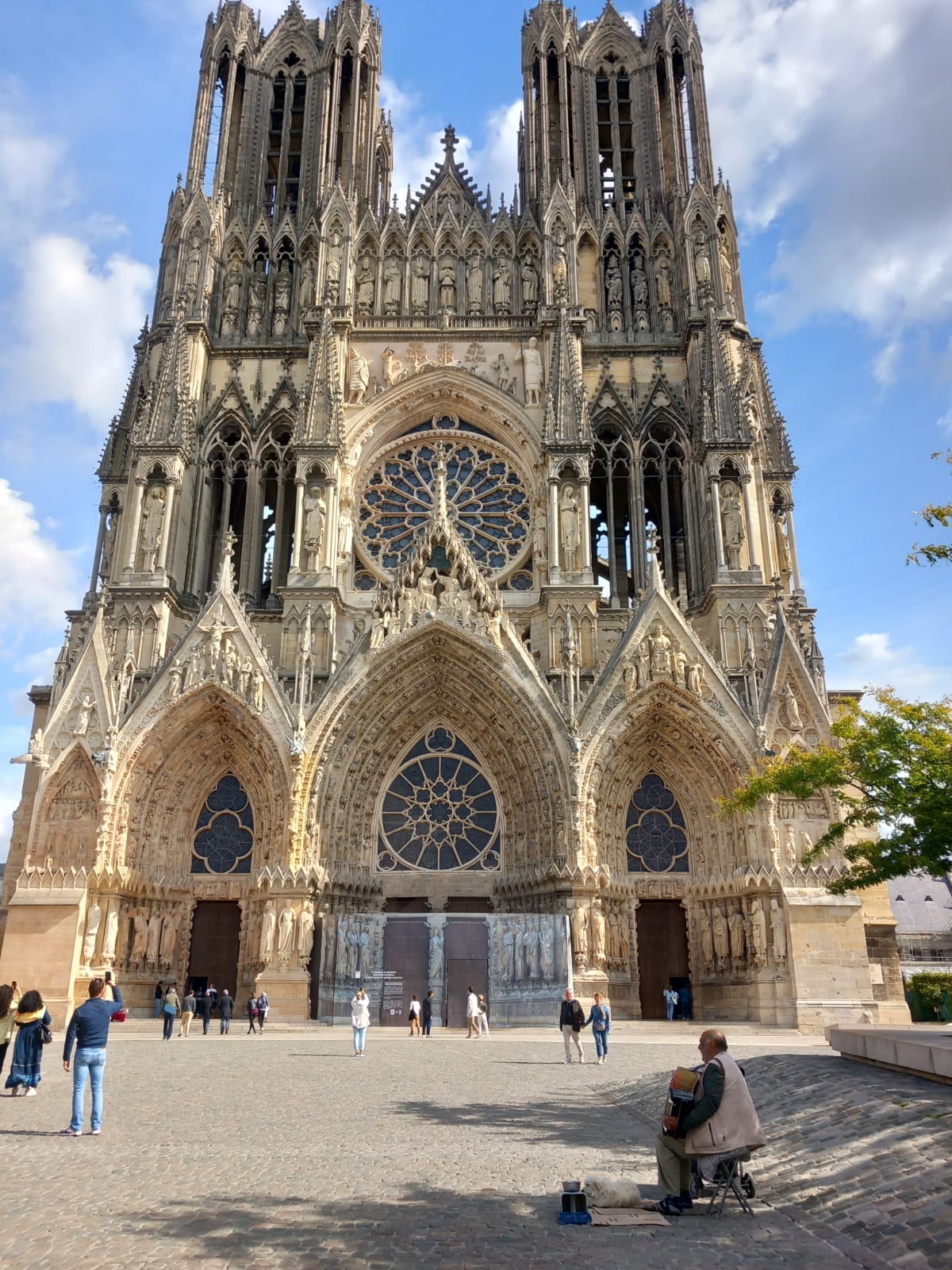
According to the UNHCR statistics, the number of refugee children reached 36.5 million by mid-2022[1], the highest number recorded since the Second World War.[2] Without the traditional support systems and continued trauma from the flight from their countries of origin, education for refugee children is often a lost dream. With their studies interrupted or put on hold for years, children usually take on the responsibilities of caring for their siblings if they are separated from their parents during flight or helping parents to raise income for the family by engaging in odd jobs or begging in the streets.
At RefugePoint, supporting children through education is vital to our work. Besides assisting the family with food, rent, and medical aid, we strive to ensure that refugee children get basic education as a pathway to a bright and successful future. In 2022, RefugePoint provided education support to over 250 children.
One such student is Pabial Ariel. When we met Pabial, he had no hope of returning to school. Although he had been performing well in his studies, his education was interrupted when his family had to abruptly flee his home country of Congo in 2012. Faced with persecution, Pabial’s family left everything and fled to Kenya. He was just 14 years old.
“We left everything in Congo, and came like ‘chokora’, (street family), recalls Pabial. “It was a big shock in my life. Coming to a new country, we didn’t know the language or know anyone. My parents did not have work, and I was uncertain about my future. It was very tough.”
After living in Kenya without a source of livelihood, Pabial’s father got a job paying KES 4,000 (USD 40) to sustain the family. It was not enough. “In 2014, my dad asked me to return to school because there was free primary education in public schools,” recalls Pabial. “I had a hard time accepting because I would ask myself, ‘why should I put on shorts again and go back to school?’ It was so difficult, but I accepted.”
Pabial joined Satellite Primary school in Dagoretti, Nairobi, and sat for his primary leaving certificate exams in 2015, attaining 356 marks out of 500. He was elated! His excitement was short-lived, as his family lacked the means to pay for his secondary education. “I felt so bad. Why did I go back to school? I felt like I tried my best, and there was no money to go to high school,” questioned Pabial. “I had to stay at home the whole of 2016 with no hope of returning to school.” While he was waiting, praying for a miracle, Pabial learned barber skills from his friend, whom he would help out in the barbershop to get some money.
But all was not lost. In 2017, Pabial met RefugePoint through his mother, who encouraged him to inquire about education support for his secondary studies. RefugePoint enrolled him in the program and provided scholastic support that facilitated his secondary education enabling him to complete his studies. “I felt so great! I knew I had to use this opportunity very well,” says Pabial.
Like many other refugees, Pabial faced difficulty moving onto university. Although he had qualified, he couldn’t get a scholarship for his university education. In mid-2022, after several attempts, Pabial received an email from Sciences Po University in France inviting him to an interview. He passed the interview and was offered a full scholarship for Bachelor’s studies in Political Science.
“Sciences Po is so international with people from different countries,” says Pabial. “I’m Congolese, but I feel I am part of the world. I’m becoming more international.”
Pabial hopes to work with a multilateral organization like the UN or African Union when he completes his studies. He believes the youth play a key role in bringing much-needed change in Congo.
[1] https://www.unhcr.org/refugee-statistics/
*Above: Photo of the Cathedral Notre Dame de Reims in France, as taken by Pabial.

According to the UNHCR statistics, the number of refugee children reached 36.5 million by mid-2022[1], the highest number recorded since the Second World War.[2] Without the traditional support systems and continued trauma from the flight from their countries of origin, education for refugee children is often a lost dream. With their studies interrupted or put on hold for years, children usually take on the responsibilities of caring for their siblings if they are separated from their parents during flight or helping parents to raise income for the family by engaging in odd jobs or begging in the streets.
At RefugePoint, supporting children through education is vital to our work. Besides assisting the family with food, rent, and medical aid, we strive to ensure that refugee children get basic education as a pathway to a bright and successful future. In 2022, RefugePoint provided education support to over 250 children.
One such student is Pabial Ariel. When we met Pabial, he had no hope of returning to school. Although he had been performing well in his studies, his education was interrupted when his family had to abruptly flee his home country of Congo in 2012. Faced with persecution, Pabial’s family left everything and fled to Kenya. He was just 14 years old.
“We left everything in Congo, and came like ‘chokora’, (street family), recalls Pabial. “It was a big shock in my life. Coming to a new country, we didn’t know the language or know anyone. My parents did not have work, and I was uncertain about my future. It was very tough.”
After living in Kenya without a source of livelihood, Pabial’s father got a job paying KES 4,000 (USD 40) to sustain the family. It was not enough. “In 2014, my dad asked me to return to school because there was free primary education in public schools,” recalls Pabial. “I had a hard time accepting because I would ask myself, ‘why should I put on shorts again and go back to school?’ It was so difficult, but I accepted.”
Pabial joined Satellite Primary school in Dagoretti, Nairobi, and sat for his primary leaving certificate exams in 2015, attaining 356 marks out of 500. He was elated! His excitement was short-lived, as his family lacked the means to pay for his secondary education. “I felt so bad. Why did I go back to school? I felt like I tried my best, and there was no money to go to high school,” questioned Pabial. “I had to stay at home the whole of 2016 with no hope of returning to school.” While he was waiting, praying for a miracle, Pabial learned barber skills from his friend, whom he would help out in the barbershop to get some money.
But all was not lost. In 2017, Pabial met RefugePoint through his mother, who encouraged him to inquire about education support for his secondary studies. RefugePoint enrolled him in the program and provided scholastic support that facilitated his secondary education enabling him to complete his studies. “I felt so great! I knew I had to use this opportunity very well,” says Pabial.
Like many other refugees, Pabial faced difficulty moving onto university. Although he had qualified, he couldn’t get a scholarship for his university education. In mid-2022, after several attempts, Pabial received an email from Sciences Po University in France inviting him to an interview. He passed the interview and was offered a full scholarship for Bachelor’s studies in Political Science.
“Sciences Po is so international with people from different countries,” says Pabial. “I’m Congolese, but I feel I am part of the world. I’m becoming more international.”
Pabial hopes to work with a multilateral organization like the UN or African Union when he completes his studies. He believes the youth play a key role in bringing much-needed change in Congo.
[1] https://www.unhcr.org/refugee-statistics/
*Above: Photo of the Cathedral Notre Dame de Reims in France, as taken by Pabial.

